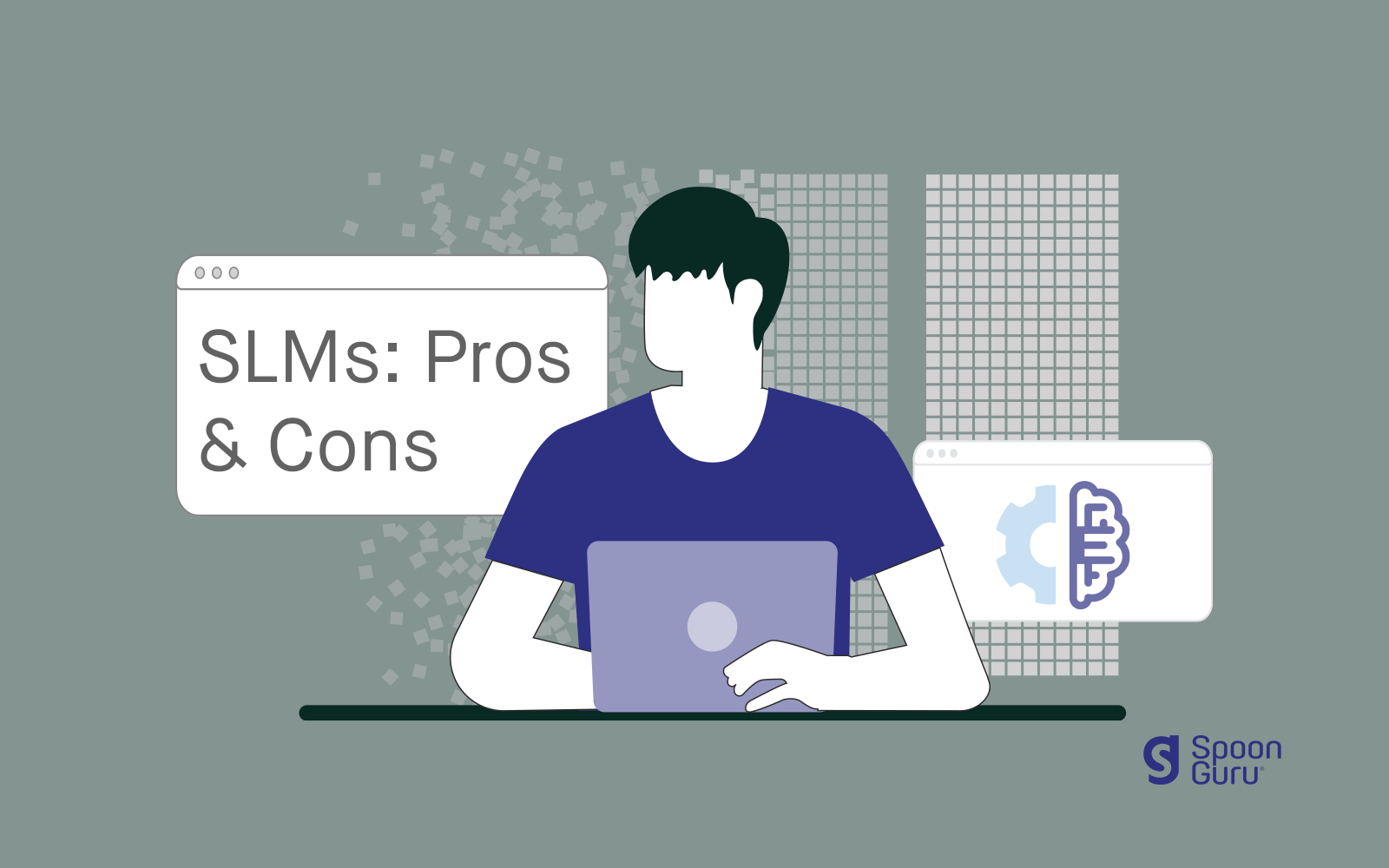Small Language Models (SLMs) are at the forefront of a transformation within the nutrition and food industry. Yet, as with any technological advance, they are accompanied by a nuanced landscape of advantages, disadvantages, and untapped opportunities. In this analytical exploration, we will meticulously scrutinise the merits, pitfalls, and potential perils of SLMs in the context of nutrition while elucidating the promising avenues they unveil.
Pros of SLMs:
Within the nutrition sphere, the precision that Small Language Models (SLMs) offer becomes a standout asset. These models serve as guarantors of highly accurate dietary recommendations, significantly mitigating the risk of disseminating misinformation.
Moreover, in the realm of food search and recipe recommendation, SLMs operate as adept tailors of user experiences. They consistently enhance user satisfaction by delivering results meticulously aligned with individual dietary prerequisites and sensory preferences.
Cons and Risks:
Data privacy emerges as an omnipresent concern within the nutrition sector, particularly when SLMs engage with sensitive health data. The need to address data privacy and security issues has never been more pronounced, especially in the context of healthcare regulations such as HIPAA and GDPR.
Furthermore, the spectre of model biases, originating from the contours of training data, looms large, potentially leading to inaccurate dietary recommendations. In response, concerted efforts are underway within the nutrition industry to curate data and refine algorithms to minimise these biases and their repercussions.
Opportunities:
The nutrition and food sector’s growing emphasis on delivering personalised dietary guidance to consumers finds an invaluable ally in SLMs. These models provide businesses with the means to offer meticulously customised dietary suggestions, thereby enriching user engagement and engendering brand loyalty.
In addition to offering personalised dietary guidance, SLMs unlock invaluable opportunities for businesses. They facilitate the aggregation of precious insights into consumer preferences, prevailing trends, and nascent dietary habits. Armed with this knowledge, companies can recalibrate their product portfolios and marketing strategies with surgical precision, thereby staying attuned to evolving consumer proclivities.
In conclusion, the voyage of Small Language Models (SLMs) in the nutrition arena is a journey characterised by relentless progress and innovation. By comprehensively grasping their virtues, adroitly navigating the challenges they present, and astutely seizing the opportunities they offer, we can propel SLMs toward their zenith, rendering the dietary landscape more informed, more personalised, and more operationally efficient.
 Read our full 5-part blog series on AI:
Read our full 5-part blog series on AI:
- Ethical AI: Pioneering Responsible Nutrition with Spoon Guru
- Small Language Models (SLMs) in Nutrition: Unrivalled Precision and Context-Awareness
- Navigating Small Language Models in Nutrition: Pros, Cons, and the Road Ahead
- Transforming Nutrition: How Small Language Models Reshape the Way We Eat
- The Future Unveiled: Small Language Models in Nutrition’s Next Frontier
